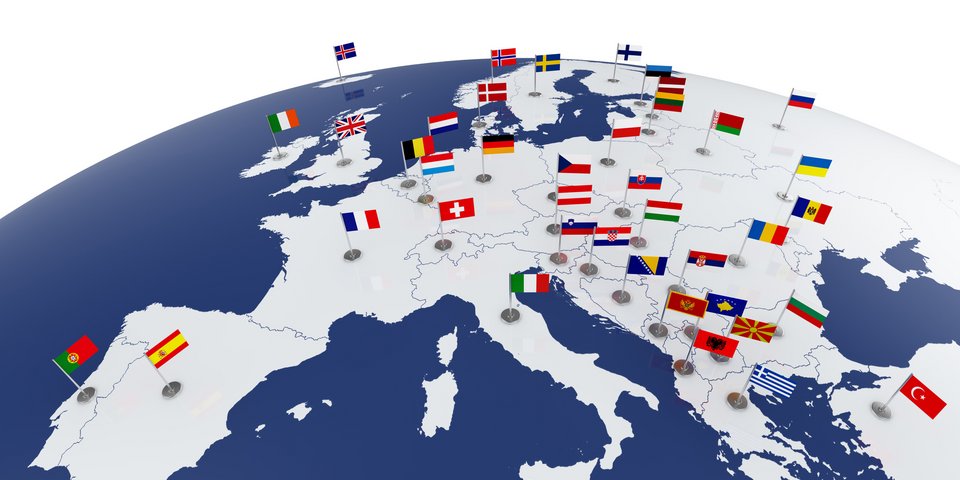 Denys Rudyi - Fotolia
Denys Rudyi - FotoliaJuncker’s Hour of European Sovereignty
Jean-Claude Juncker delivers his last State of the Union speech in his role as President of the European Commission.
KB/AD – 09/2018
In contrast to his speech in 2017, which included several aspects of social policy under the title of ‘A Union of Equals’, Juncker’s focus in Strasbourg on 12 September 2018 was mainly on Europe’s growing role as a global player and increased EU responsibility. However, this can only be achieved if Europe’s internal divide is overcome and Europe speaks with one voice. The differences between north and south, east and west must be overcome. This is also the reason why he called his speech ‘The Hour of European Sovereignty’. Juncker did not talk about the EU’s social dimension in his speech – this was reserved for the document, which is reported below.
Juncker addressed his ‘Letter of Intent on the State of the Union 2018’ to the President of the European Parliament, Antonio Tajani, and the Council President, Austrian Chancellor Sebastian Kurz, Juncker states that the EU must not only stand closer together, but also be more concerned about its social dimension. The cohesion of societies is only guaranteed if the EU keeps the interests of workers in mind. A strong social dimension is an integral part of the Economic and Monetary Union. As part of the European Pillar of Social Rights, core principles have been formulated for fair and well-functioning labour markets and social systems. Together with the Member States, the social partners and other stakeholders, the Commission is now working to put this pillar into practice.
Juncker reinforced his stance on social policy in the letter of intent by calling on Parliament to adopt the proposals for establishing a European Labour Authority and modernising the rules for the coordination of social security systems before the 2019 elections. In addition, initiatives to protect workers against the risks posed by carcinogens or mutagens and to reduce the impact of certain plastic products on the environment should be adopted. There should also be an EU framework for endocrine disruptors. In the area of digitalisation, he recommends the European Electronic Health Record Exchange. He also called for enhanced qualified majority voting In order to increase the efficiency of legislation in social policy.
